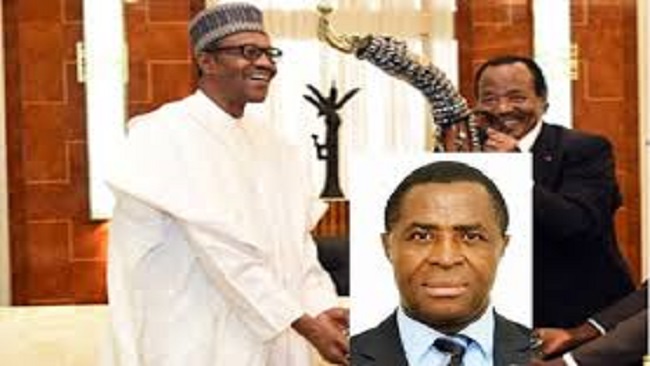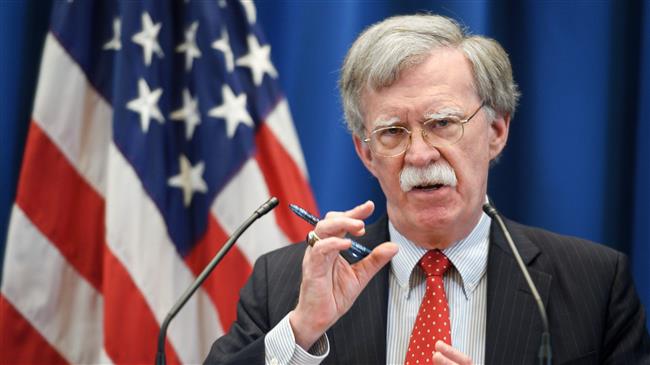15, July 2019
US: Poll gives Biden, Sanders and Warren lead over Trump 0
A new opinion survey shows that US President Donald Trump trails the Democratic Party’s most-talked-about presidential aspirants, ex-vice president Joe Biden, senators Bernie Sanders and Elizabeth Warren.
The poll was conducted between July 7 and 9 among 800 registered voters. It was undertaken jointly by NBC News and The Wall Street Journal.
Clashing head to head, Biden would beat Trump 51 to 42 percent in the next election, while Sanders would overtake him 50 to 43, the poll showed.

Warren would also beat Trump outside the poll’s 3.5 percent margin of error by 48 percent against the president’s 43.
Sen. Kamala Harris will be successful too, but winning over Trump 45 to 44.
The hopefuls attend a heated televised debate on a monthly basis, which bears heavily on their respective popular image.
The competition is gaining momentum amid continued controversy surrounding Trump’s 2016 victory.
The furor concerns the country’s Electoral College system, and ongoing accusations of foreign meddling in the elections.
The system overrides the popular vote, which gives the victory to the candidate winning the most ballots. It instead makes 538 electors across different states, who are chosen based on each state’s representation in Congress, liable for electing the chief executive. Therefore, if a contestant secures at least 270 of the electoral votes, they have won the presidential race.

In 2016, the mechanism handed the presidential election’s victory to Trump over Hillary Clinton, although the voters had given the latter three million more votes.
The accusations of foreign intervention relates to claims that Russia conducted a campaign, including through various social media accounts, in order to positively influence the public opinion in Trump’s favor. Both Moscow and the president roundly rejects the claims.



































17, July 2019
US House passes resolution condemning Trump’s ‘racist’ tweets 0
The US House of Representatives has passed a resolution officially condemning President Donald Trump’s racist comments against four minority Democratic congresswomen.
The resolution passed on Tuesday denounces Trump for his “racist comments that have legitimized fear and hatred of New Americans and people of color.”
Referring to Representatives Alexandria Ocasio-Cortez of New York, Ilhan Omar of Minnesota, Rashida Tlaib Michigan and Ayanna Pressley Massachusetts, Trump wrote on Twitter Sunday, “Why don’t they go back and help fix the totally broken and crime infested places from which they came.”
So interesting to see “Progressive” Democrat Congresswomen, who originally came from countries whose governments are a complete and total catastrophe, the worst, most corrupt and inept anywhere in the world (if they even have a functioning government at all), now loudly……
Three of the four Representatives were born in the United States, but all are US citizens. Omar, a Muslim congresswoman, was born in Somalia’s capital Mogadishu and immigrated to the US as a refugee.
Speaking on the House floor prior to Tuesday vote, House Speaker Nancy Pelosi urged both Democratic and Republican lawmakers to “join us in condemning the president’s racist tweets.”
Meanwhile, a growing number of Republicans, after initial hesitation, began to openly criticize Trump.
Texas Representative Will Hurd, for example, described Trump’s tweets as “racist and xenophobic” and “unbecoming of the leader of the free world.” Also, after one Ohio Representative, Mike Turner, called Trump’s words “racist,” four other Republicans from the same US state joined him in condemning the comments.
Nonetheless, some other Republicans continued to support Trump, with Representative Dan Meuser, Republican of Pennsylvania saying, “What has really happened here is that the president and his supporters have been forced to endure months of allegations of racism.”
“This ridiculous slander does a disservice to our nation,” Meuser said.
Trump, in response to the vote, said on Twitter that “those Tweets were NOT Racist,” adding, “I don’t have a Racist bone in my body!”
Source: Presstv